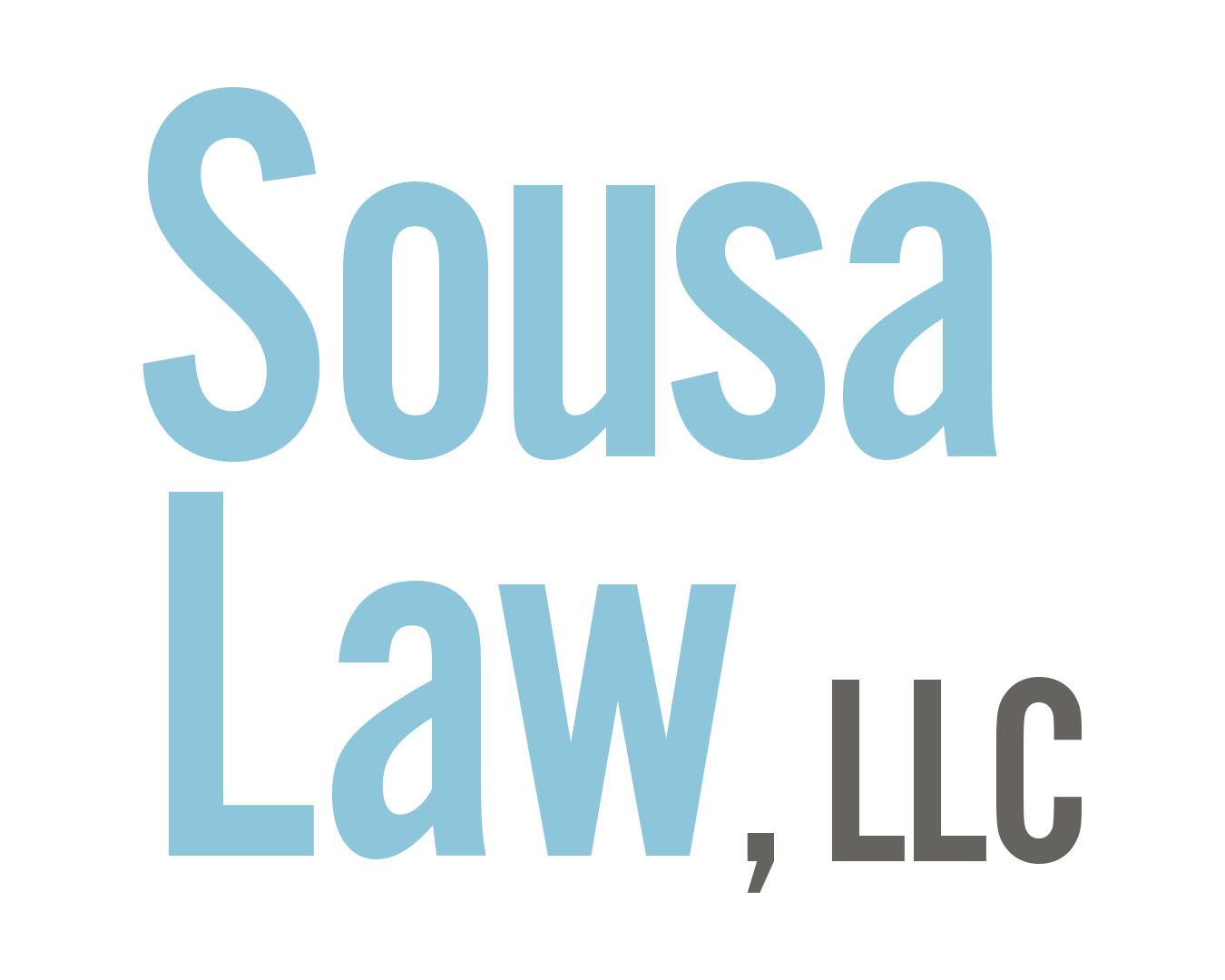Workers' Compensation for Teachers and School Staff in Connecticut
Teaching isn’t just emotionally demanding—it’s physically risky, too. According to data from the U.S. Bureau of Labor Statistics, elementary school teachers rank among the top for job-related injuries, and Connecticut is no exception.
Whether you're in the classroom, on cafeteria duty, or supervising recess, you may face a wide range of on-the-job risks. The return to school each fall often brings a spike in workers' comp claims from educators, aides, and custodial staff.
Common Work Injuries in Connecticut Schools
Here are some of the most common injuries we see among school staff:
Slip and falls: Hallways, cafeterias, and playgrounds are all high-risk areas—especially in rainy or snowy weather.
Injuries caused by students: Physical altercations, accidental bumps, or helping a child during a behavioral crisis can lead to strains, sprains, or more serious injuries.
Exposure to mold or allergens: Many older Connecticut school buildings suffer from poor ventilation, leading to respiratory issues and other health complications.
Overexertion: Lifting supplies, setting up classrooms, or long hours on your feet can result in back, shoulder, or knee injuries.
Stress-related illnesses: Emotional stress is real—and in some cases, may qualify for workers' comp if tied to your working conditions.
What to Do If You're Injured at School in Connecticut
If you're hurt on the job—whether in a public school, private school, or childcare facility—take these steps to protect your health and your claim:
Report your injury immediately to your building administrator or supervisor.
Request the list of approved medical providers from your district or employer. Under Connecticut law, treatment must begin with an authorized provider.
Seek medical attention promptly. Make sure the doctor understands your injury happened at work and documents that clearly.
Ask your employer to file a First Report of Injury with the Workers’ Compensation Commission. Make sure to also file a Form 30C with the proper Workers’ Compensation Commission District and with your Employer. There are important steps on how to correctly file a Form 30C. At Sousa Law, we can make sure that your 30C is filed accurately to protect your legal rights.
Keep records of everything: symptoms, missed work, doctor visits, communication with HR or administration, and any restrictions from your doctor.
Can You File a Workers’ Compensation Claim as a Teacher or Aide?
Yes. If you are injured while performing your job, you are likely eligible for workers’ compensation benefits in Connecticut. That includes:
Payment for medical treatment
Wage replacement while you recover
Compensation for permanent injuries or disabilities
Vocational rehabilitation if you’re unable to return to your original role
If your employer or their insurance company pushes back or delays your treatment, speak with a workers’ compensation attorney to protect your rights.
Serving Connecticut’s Educators and School Workers
At Sousa Law, we’ve helped teachers, aides, custodians, and school nurses across Connecticut navigate the workers’ comp process after an injury. We know how hard you work—and we believe you deserve support when your job puts you at risk.
If you’ve been injured at school or in a childcare setting, contact us today for a free consultation. We’re here to make sure you’re treated fairly, with the respect and benefits you deserve.
Call us at 203-929-8283 or contact us to get started.
